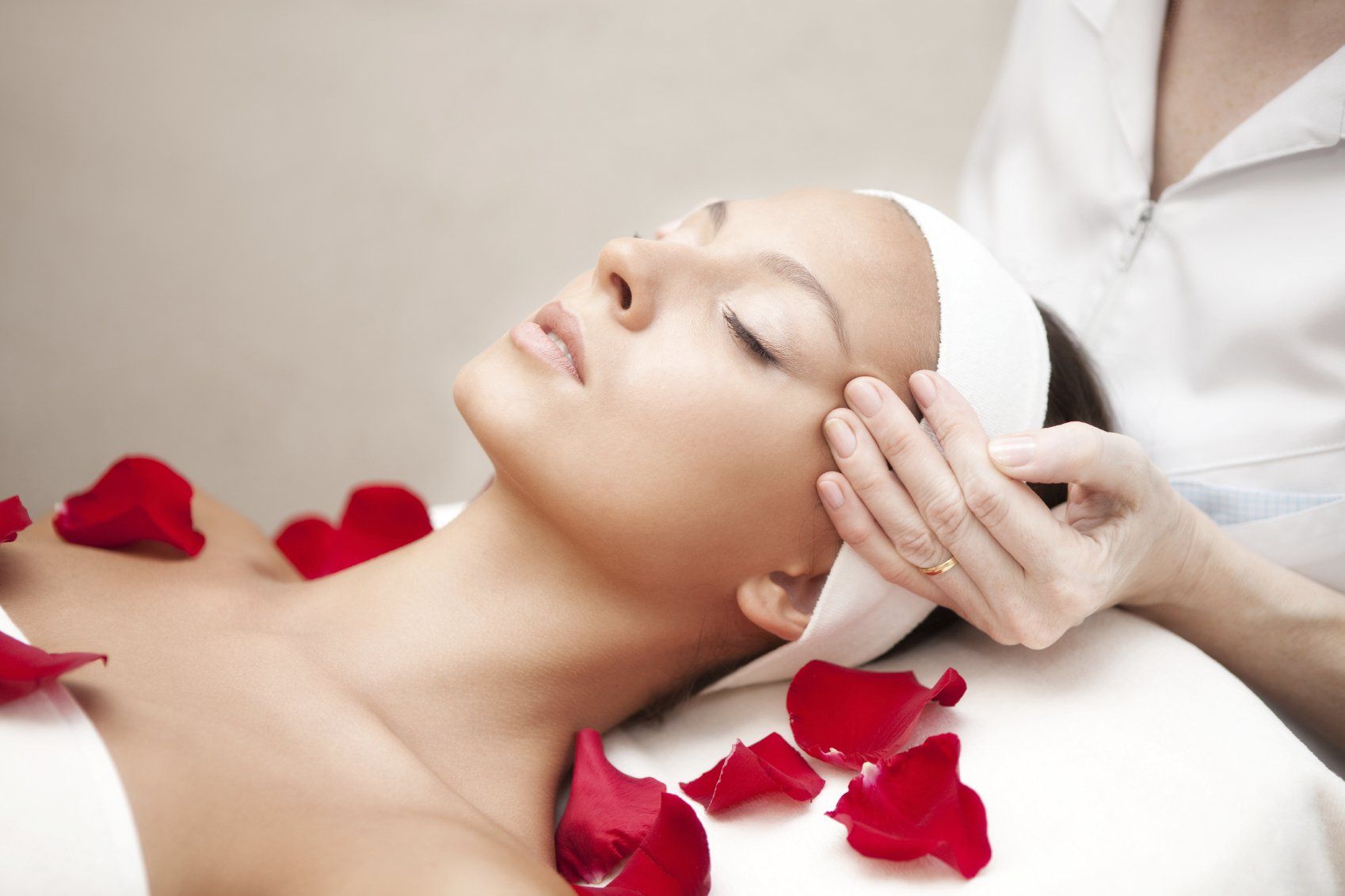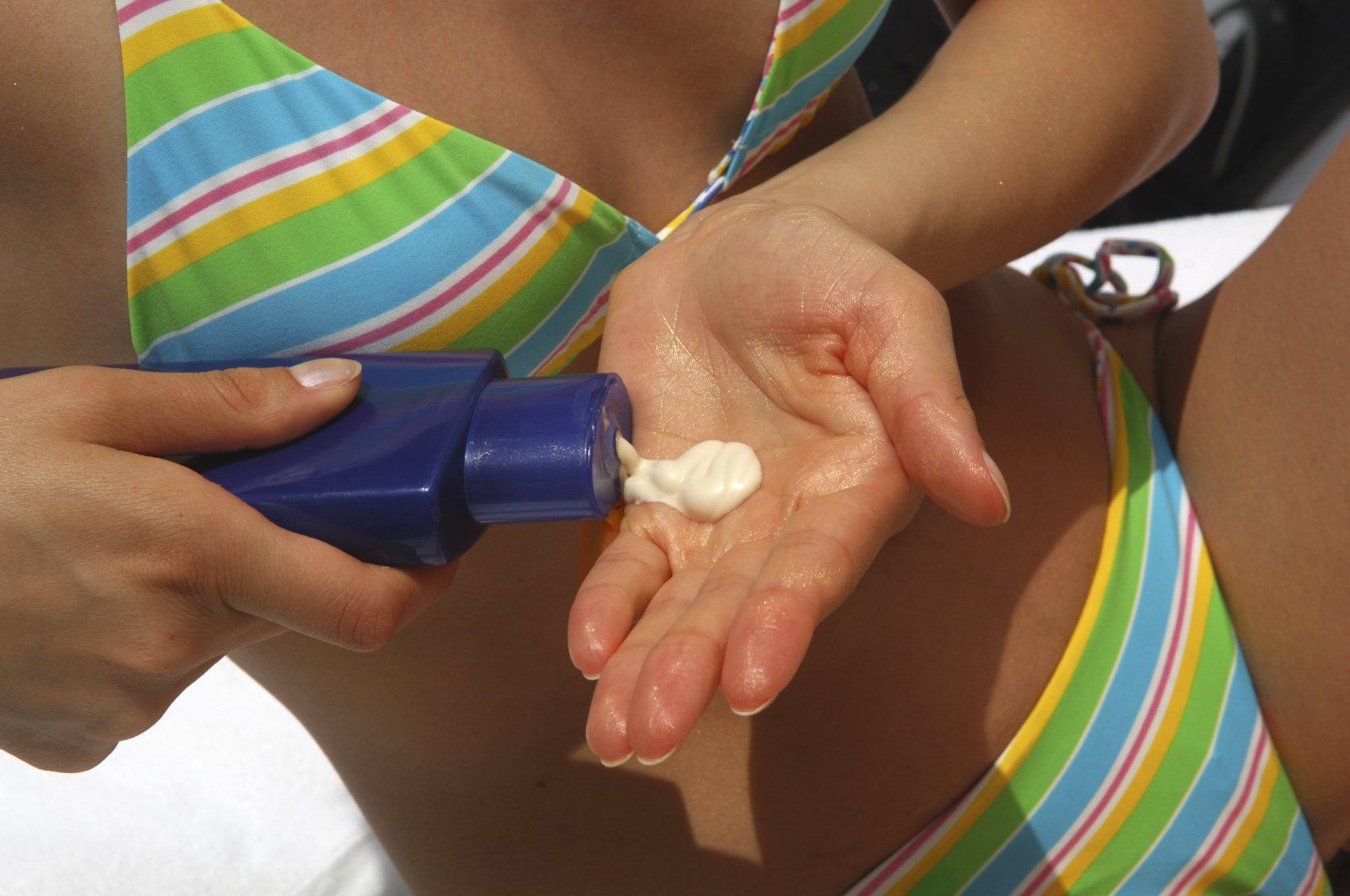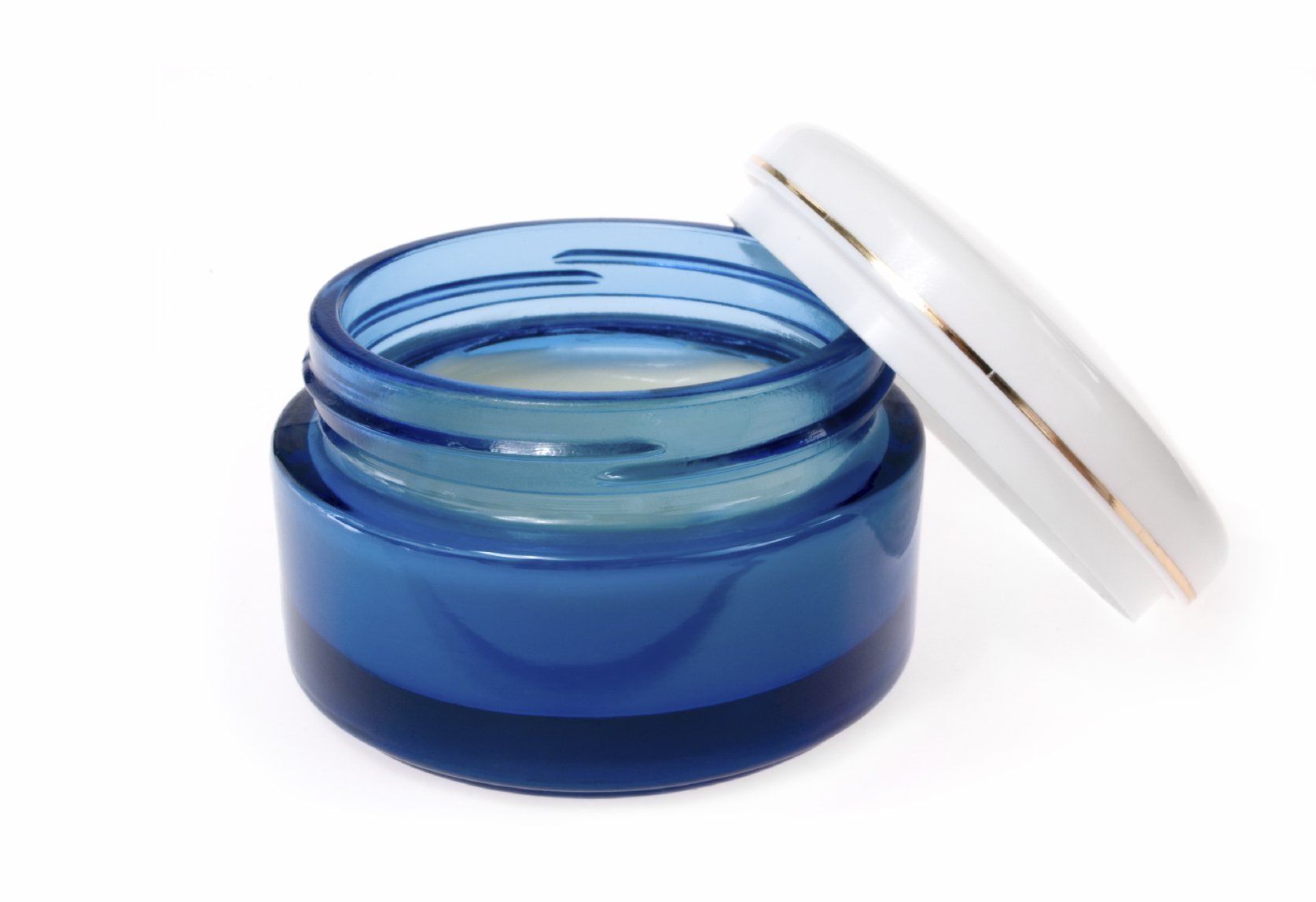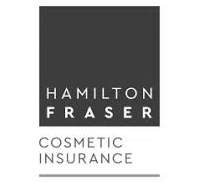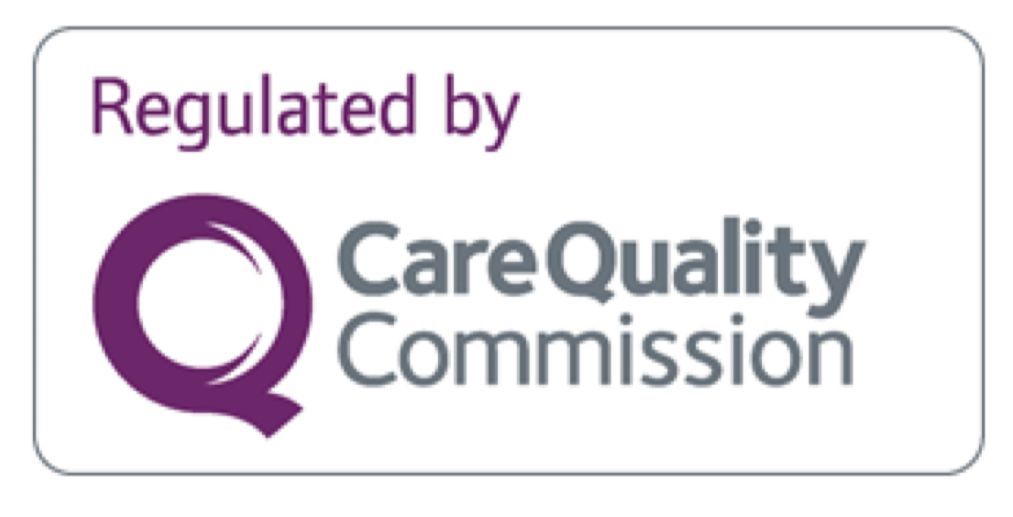Back to Basics: The Essentials of Medical Grade Skincare
Welcome to our new skincare series!

Welcome to the first in our series of blog posts on the fundamentals of skincare. Before diving into the sea of active ingredients and complex treatments, it’s important to establish a solid foundation with the basics. At our medical aesthetics practice, we often encounter two types of patients seeking skincare advice:
The "Skincare Sloth”: This individual has no established routine, often washing their face with whatever is convenient—perhaps using shower gel in the shower—followed by a quick dab of moisturizer, usually chosen on a whim from a supermarket shelf. Sunscreen might make an occasional appearance, usually reserved for sunny holidays.
The "Skincare Magpie":This person is a product enthusiast, arriving with a bag full of half-used creams, serums, and lotions. They’ve tried it all—many of them high-end brands with a plethora of active ingredients, applied in random and inconsistent ways, often without consideration for their specific skin type or concerns.
With the overwhelming number of skincare products available both online and in stores, it’s no wonder people either don’t know where to start or end up feeling lost amidst the options. This confusion can lead to ineffective routines or overcomplicated regimens that do more harm than good—both for your skin and your wallet.
So, what should we really be using in our skincare routine? Do we need every serum and active ingredient on the market to achieve glowing skin? Or is skincare largely a matter of clever marketing, designed to get us to part with our hard-earned cash?
The Core of a Good Skincare Routine
Much like a well-curated wardrobe, your skincare routine should be built around a “capsule collection” of essential products that will protect your skin barrier, defend against environmental damage, and lay the groundwork for healthy, radiant skin. Once these basics are in place, we can start thinking about adding specific active ingredients tailored to address individual skin concerns such as fine lines, acne, pigmentation, or rosacea.
When we conduct a skin consultation, we start by discussing your skin concerns, examining the products you’re currently using, and analysing your skin with our advanced skin scanner. This allows us to see what’s really happening beneath the surface. Often, the best approach is to simplify—to strip back to the basics for 6-12 weeks, establishing a solid foundation before introducing more targeted treatments or clinic-based procedures.
The Four Basics of Skincare
1.
Cleanser: A good cleanser is the cornerstone of any skincare routine. It should be pH-balanced and gentle enough not to strip away the natural oils that protect your skin barrier. This is crucial for maintaining healthy skin and preserving the good bacteria that live on its surface.
2.
Antioxidant Serum:
Antioxidants help to protect your skin from free radicals—unstable molecules that cause damage to skin cells and contribute to the visible signs of aging. Free radicals are generated naturally by the body and are also triggered by environmental factors like pollution, sun exposure, smoking, and even diet. An antioxidant serum acts as a shield, helping to prevent this damage and keeping your skin youthful and vibrant.
3.
Moisturizer: A daily moisturizer is essential for strengthening and protecting the skin barrier, which is critical for managing all skin types. Whether your skin is oily, dry, or a combination of both, using the right moisturizer can help maintain balance, prevent dehydration, and improve overall skin texture.
4.
Sunscreen:
This is, without a doubt, the number one skincare essential. Applying SPF 50 every day—whether you’re indoors or outdoors—is non-negotiable. UV light is responsible for up to 80% of visible skin aging, so consistent use of sunscreen is the most effective way to protect your skin and keep it looking its best.
Choose Wisely
Remember, not all skincare is created equal, and not everything needs to be expensive. The key is to choose products wisely, focusing on quality and suitability for your skin type. By getting the basics right, you’ll establish a strong foundation that will serve you well as you start to incorporate more advanced skincare elements.
Stay tuned for the next instalment in our weekly September skincare series, where we’ll delve deeper into the individual elements of a solid skincare routine.


